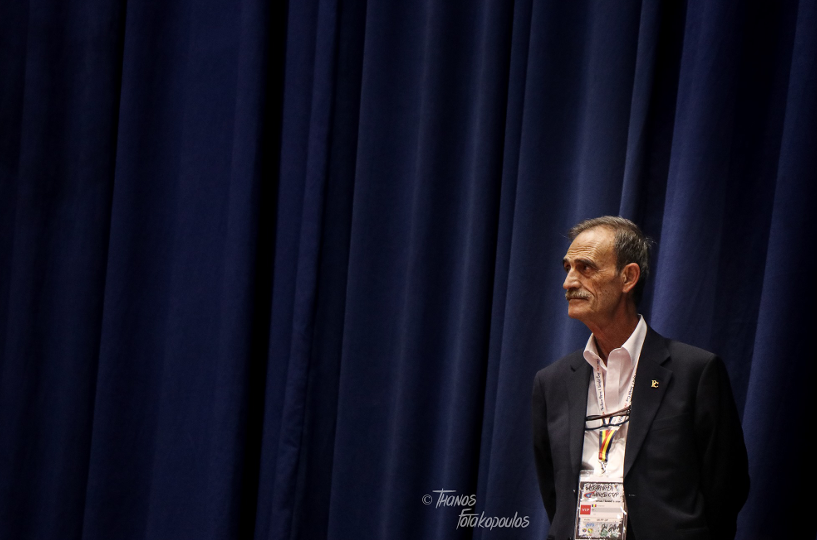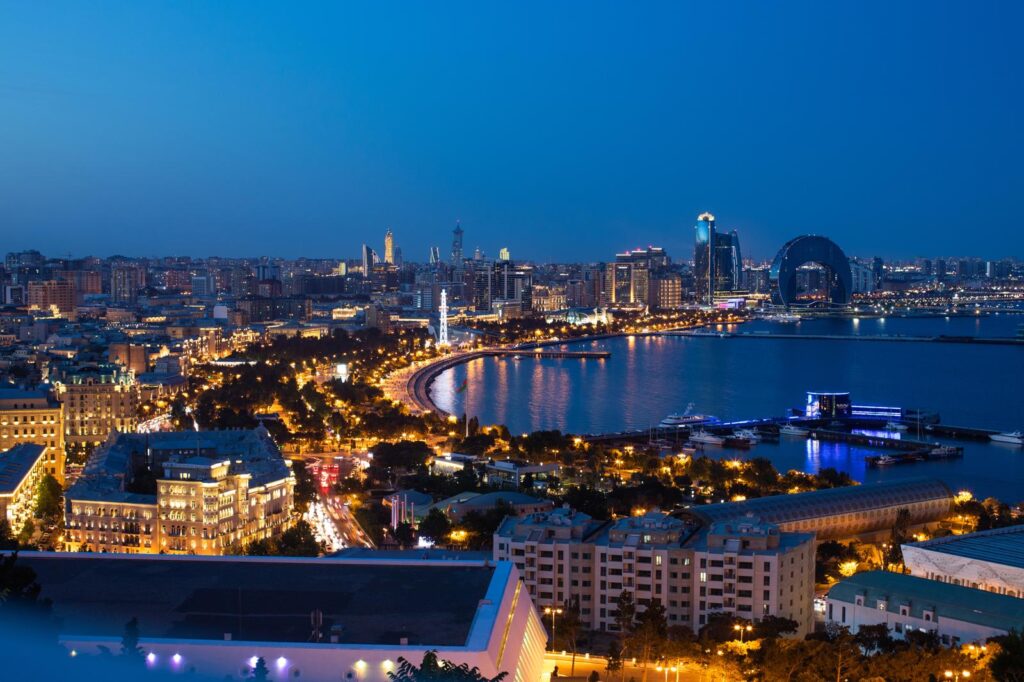Not only does Asif Sultani have an extraordinary tale to tell, recounting his harrowing journey from Afghanistan to Australia via Iran, but the karateka is also ready to pass on the secrets of his sporting success and inner calm to anyone who wants to listen.

Even among the wealth of opportunities available during the five-day festival of Olympian and Paralympian Online Experiences, the one offered by Refugee Athlete Scholarship-holder Asif Sultani stands out.
The Afghanistan native, who now lives in Australia, is a walking, talking, karate-kicking emblem of hope. And that is the emotion he most wants to share.
“Life would be impossible without hope,” said the man who is aiming to compete for the IOC Refugee Olympic Team at Tokyo 2020. “I had to have that hope as a kid – that one day I would be somebody, one day I would empower and inspire people.
It has certainly not always been easy, as Sultani’s online audience quickly learn. The cheerful and amiable refugee begins with a summary of his life to date, illustrated by a series of evocative photographs.
Aged seven, Sultani and his family fled his war-torn homeland for nearby Iran. But, having been persecuted in Afghanistan, Sultani did not find life much easier in his new home.
“I used to get bullied a lot because of my ethnicity and background,” he recalled. “I decided to learn martial arts to protect myself. I joined a dojo, but after three or four months they said I was not allowed to go anymore because of my ethnicity.
“I thought, ‘Why am I different to other kids? Why can’t I have the same opportunities?’ I wasn’t even allowed to go to school.”
Despite receiving only three months of instruction in the dojo, Sultani was hooked and not about to let his passion die. He gathered his friends and declared his backyard a ‘training hall’.
“We watched Bruce Lee movies and pretended. We said, ‘You know how he stands up to bullies? We can do the same one day’. It obviously wasn’t the same,” Sultani said, laughing. “But we were practising kicking and punching the way he did, and it just gave us that motivation to keep on going.
With his online audience already captivated, Sultani shares the most traumatic events of his life. First, he was forced to return to Afghanistan. Terrified by the sight of people on the streets carrying guns, the 16-year-old accepted the alluring but dangerous opportunity to join 100-plus of his compatriots on a small, cramped boat headed for Australia via Indonesia.
“There was a big chance of drowning,” he said simply. “The engine stopped working in the middle of the ocean. That was one of the most horrifying times of my life. People were getting ready, putting their life jackets on to jump in the water. Some people were crying. I told myself this might be it, the end of the journey.”
Fortunately, the mechanic fixed the engines and the boat made it to Australia. Life then changed for good.

“The people in the detention centre treated everyone equally, me and everyone else,” said Sultani who spent three months waiting for his application for refugee status to be examined. “It might sound funny, but for the first time in my life I discovered freedom. I told myself, now it’s time to try, I had survived.”
Physical and mental health provided the focus, with martial arts the outlet. It continued once Sultani was given the green light to start a new chapter in Australia. He enrolled in high school aged 18 and began training twice a day, running the 7km to and from the dojo.
“When I reflected on my past, how they treated me, I wanted to get revenge. I discovered the best revenge I could get was to be a massive success,” the 24-year-old Sultani said. “I tried to use that negative energy as a fuel.”
As any guest on his Online Experience is likely to testify, Sultani’s quest has already been successful. The karateka oozes calm serenity – although, he is quick to point out, that takes work too.
“Meditation has helped me a lot, especially as a refugee. Seeking asylum is really traumatic and meditation has really helped me to overcome my challenges, calm me down.”

First up, he starts his day – and advises the audience to do the same – with two cups of hot water, to “kickstart digestion” and then he stretches his muscles to activate his system. A gratitude jar, reminding himself of all the great things in his life, is also important. But the key is meditation.
The audience get a taste of this, with Sultani leading them through a short, guided meditation.
It has all combined to put him on the brink of representing millions at the Olympic Games Tokyo 2020.
“The Refugee Olympic Team is a symbol of hope for people around the world, especially for young kids,” he said. “If I travelled 12 years back I wished there was something like this for them, someone to tell me, ‘It’s going to be OK, it doesn’t matter if you are a refugee, you are capable, you have the ability to be an Olympian, to achieve your goals.”




